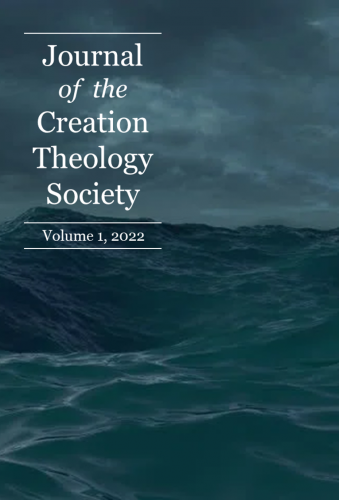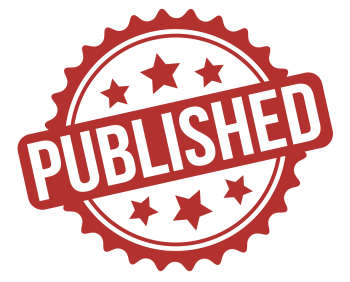The typeset PDF of JCTS Volume 2 (2023) has been delivered at long last to the printer! Thank you again for your patience and understanding regarding the Boyd family’s health needs this past year.
In the meantime, we are releasing one more article (by Kurt Wise) as a preview. It is available, along with the previous one (by Bill Barrick), as a free download from our website’s Journal page.
The CTS Board extends their New Year’s greetings to all our readers. Happy New Year 2025!








